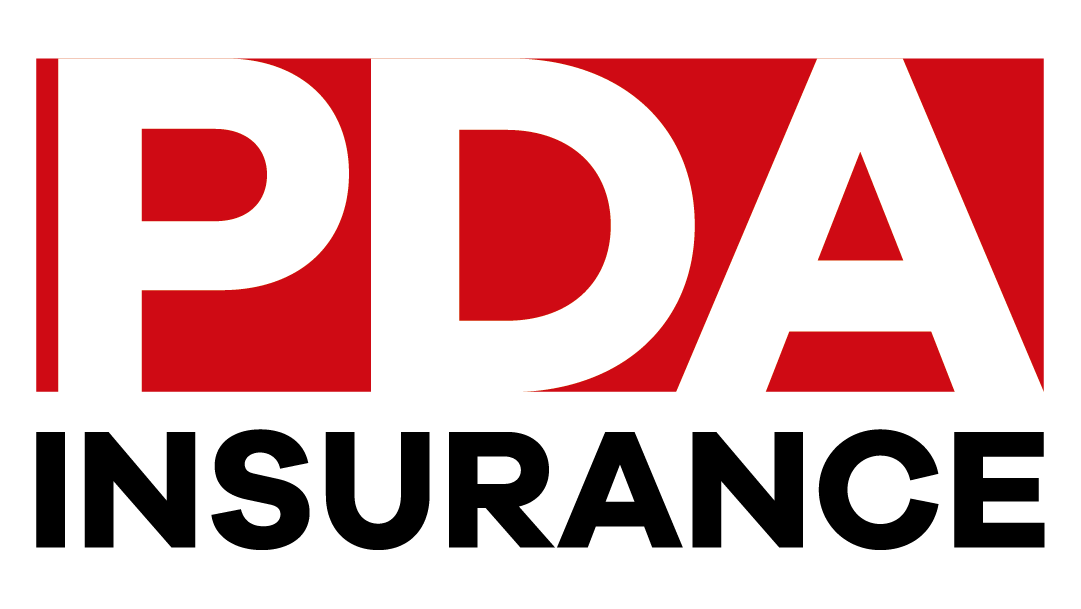Is My Work Health Insurance Better Than Marketplace Insurance?
Posted: January 28, 2021
Is My Work Health Insurance Better Than Marketplace Insurance?Group health insurance is one of the most important benefits employers offer their employees. Under the Affordable Care Act (ACA), companies with 50 or more full-time employees must offer affordable health coverage that provides minimum value to full-time employees and their dependents, or they may be subject to an “employer shared responsibility” payment to the IRS. Larger employers have the incentive to offer health coverage...
What Happens if I Withdraw My 401(k) Early?
Posted: January 13, 2021
What Happens if I Withdraw My 401(k) Early?A 401(k) is a company-sponsored retirement plan that gives employees a tax break on the portion of their salary they contribute to the plan. Contributions are automatically withdrawn and invested in funds of the employee’s choosing, and employers have the option to match contributions. 401(k) plans are designed for retirement savings. Early withdrawal of funds carries heavy penalties under normal circumstances. How Soon Can You...
Can I Invest The Money In My HSA/FSA?
Posted: December 28, 2020
Can I Invest The Money In My HSA/FSA?Health Savings Accounts (HSAs) and Flexible Spending Accounts (FSAs) are both offered by employers and designed to ease the financial burden of healthcare. But there are major differences between these two types of plans. One notable difference is that HSA funds can be invested, while FSA funds cannot. How Is an HSA Different From an FSA? With both an HSA and an FSA you can...
What Happens When You Inherit A 401(k)?
Posted: December 13, 2020
What Happens When You Inherit A 401(k)?A 401(k) is a tax-deferred, retirement savings account. When a person opens a 401(k), he or she names one or more beneficiaries to receive the remaining funds when the account holder dies. If you have inherited a 401(k), your options will depend on several factors, including your age, the account holder’s age at the time of death, and whether the account holder was your spouse....
Pros & Cons Of Opening A Flexible Spending Account
Posted: November 28, 2020
Pros & Cons Of Opening A Flexible Spending AccountFlexible spending accounts (FSAs) are associated with employer-sponsored health insurance plans. They allow you to divert a tax-deferred portion of your earnings into the account, which you can use to pay for certain healthcare-related expenses, including copayments and deductibles, and dependent-care costs. Money in an FSA must be used by the end of the plan year. However, employers may offer a grace period of up...
